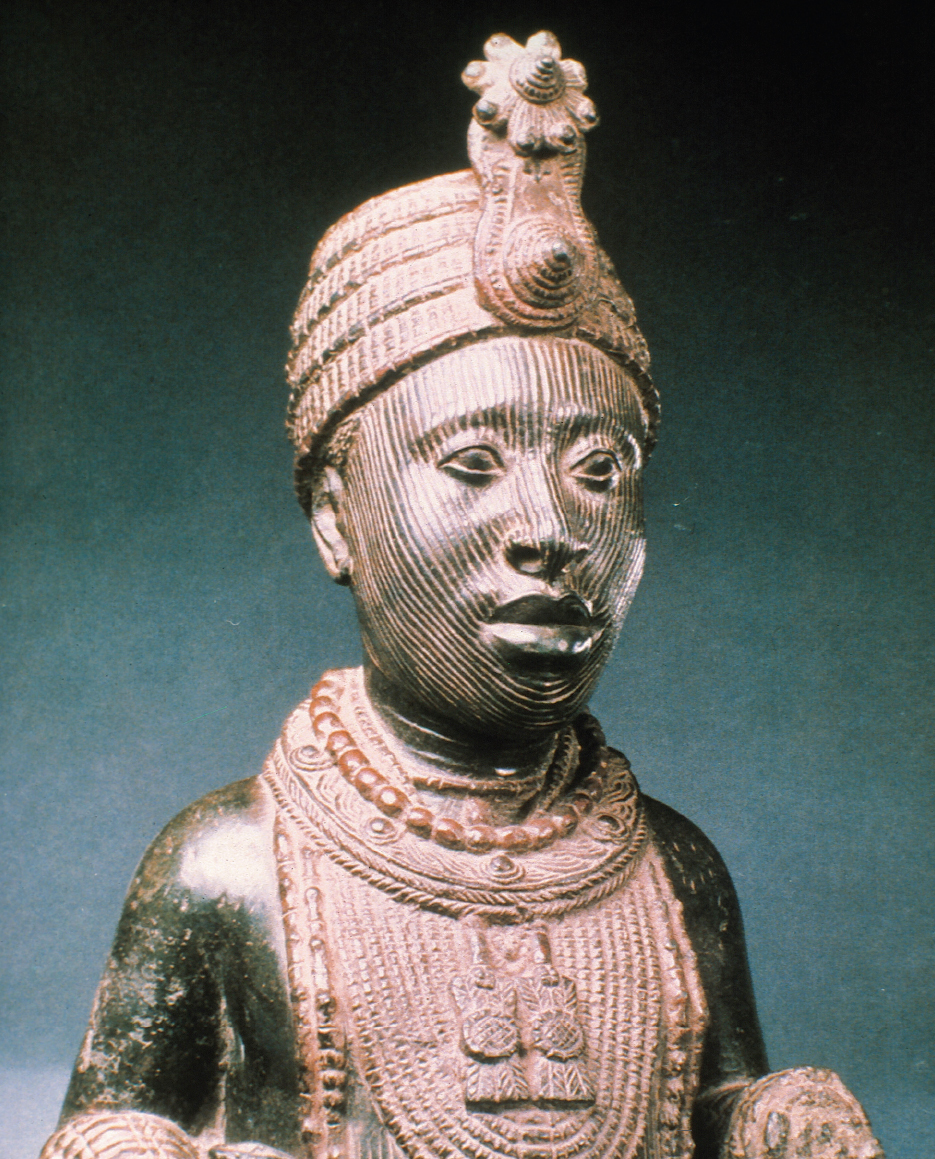Introduction for Chapter 10
10. African Societies and Kingdoms, 1000 B.C.E.–1500 C.E.

Until fairly recently, much of the outside world knew little about the African continent, its history, or its people. The continent’s sheer size, along with tropical diseases and the difficulty of navigating Africa’s rivers inland, limited travel to a few intrepid Muslim adventurers such as Ibn Battuta (see “Individuals in Society: Ibn Battuta.”) Ethnocentrism and racism became critical factors with the beginning of the Atlantic slave trade in the 1500s, followed in the nineteenth century by European colonialism, which distorted and demeaned knowledge and information about Africa. More recent scholarship has allowed us to learn more about early African civilizations, and we are able to appreciate the richness, diversity, and dynamism of those cultures. We know now that between about 400 and 1500 some highly centralized, bureaucratized, and socially stratified civilizations developed in Africa alongside communities with looser forms of social organization that were often held together through common kinship bonds.
In West Africa several large empires closely linked to the trans-
Meanwhile, Bantu-